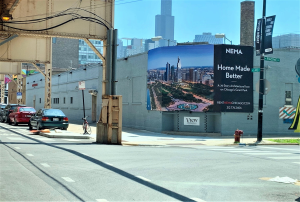
Luxury Brands Strategy: In-the-Hand Advertising That Works
Luxury Brands Strategy: Rethinking Everyday Brand Engagement Luxury brand marketing strategy has traditionally focused on exclusivity, opulence, and elite experiences. Think fashion shows in Paris, flagship boutiques in Dubai, and full-spread ads in glossy magazines. But today’s luxury consumer is





